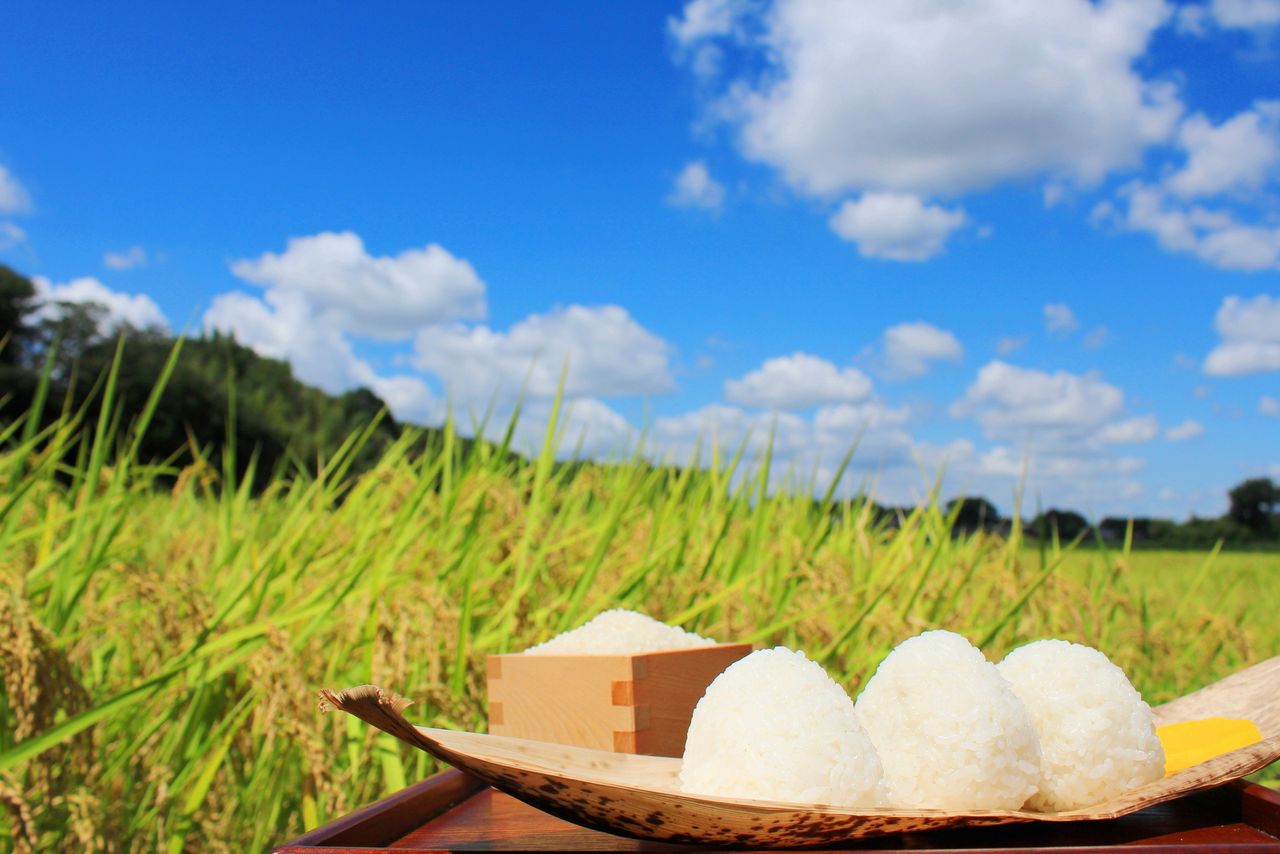Guideto Japan
Nov 21, 2025
Labor Thanksgiving Day on November 23 is a national holiday celebrating the workforce, which is also connected to an ancient harvest rite.
Observed on November 23, Labor Thanksgiving Day is a national holiday dedicated to honoring the work of the labor force and expressing gratitude. It is also the final public holiday of the calendar year in Japan.
Roots in an Imperial Harvest Ritual
The holiday traces its origins to the imperial court ceremony known as Niinamesai, an ancient Shintō rite in which the emperor offers newly harvested grains to the deities to convey appreciation for the year’s bounty and to pray for continued prosperity in the coming year. Deeply tied to Japan’s rice-farming culture, this ritual has been passed down through the centuries.

The origin of Labor Thanksgiving Day lies in a harvest ritual. (© Pixta)
Before the enactment of Japan’s 1948 Act on National Holidays, November 23 was officially celebrated as Niinamesai. When the law was established, the day was secularized and separated from imperial religious observances. Nonetheless, its spirit—expressing gratitude for both the harvest and the people whose labor made it possible—was preserved under the new name Labor Thanksgiving Day. It does not have a strong connection with the labor movement, however, which tends to be most active on May 1 (not a national holiday) and in the shuntō spring wage offensive of collective bargaining with company management.
Even today, shrines throughout Japan hold Niinamesai ceremonies, offering the year’s grains to the gods in thanks for a good harvest. Local governments and communities also mark the day with events such as harvest festivals, farmers’ markets, and food fairs featuring local produce and specialties. Though the times have changed, Labor Thanksgiving Day continues to embody Japan’s enduring appreciation for hard work and nature’s blessings.
Data Sources
(Translated from Japanese. Banner photo © Pixta.)
